Applications to the ELDP Class of 2025 are now closed. The deadline was November 1, 2024.

Thank You for Subscribing to the PITI-VITI Mailing List!
 Frequently Asked Questions (FAQs)
Frequently Asked Questions (FAQs)
-
Background
-
Responsibility of the Insular Areas
-
Components of the ELDP
-
Managing the ELDP
-
ELDP Schedule
1. Background
The Executive Leadership Development Program (ELDP) was developed in response to the insular areas’ growing concerns for continuity in management and technical expertise as senior leaders retire or leave government service.
Why is the Executive Leadership Development Program important?
The insular areas face significant challenges in recruiting and retaining qualified, skilled staff, exacerbated by population decline and the anticipated retirement of senior leaders and managers over the coming years. Without appropriate training and planning, these factors could lead to gaps in leadership, management, and technical expertise. To address this, the insular areas need to develop a talent pool of skilled professionals who are committed to public service and prepared for promotion into key positions.
Who organizes and manages the ELDP?
The ELDP is funded by the U.S. Department of the Interior’s Office of Insular Affairs (DOI-OIA) and administered by the Graduate School USA’s (GSUSA) Pacific and Virgin Islands Training Initiatives (PITI-VITI). GSUSA collaborates closely with Interior officials and insular government leaders to ensure that the ELDP content is current, relevant, and culturally appropriate. This collaboration helps ensure that the program meets its goals of developing and retaining skilled professionals for leadership roles in the insular areas.
Which insular governments can participate?
All U.S.-affiliated insular areas are invited to participate in the ELDP. This includes the U.S. Flag Territories (American Samoa, Guam, U.S. Virgin Islands, Commonwealth of Northern Marianas Islands) and the Freely Associated States (Republic of the Marshall Islands, Republic of Palau, Federated States of Micronesia). The ELDP is open to all government agencies and government enterprise organizations.
2. Responsibilities of the Insular Areas
The insular areas play a key role in supporting the ELDP to ensure the program meets future government needs. Over the years, input from insular government officials has helped the ELDP evolve to address current issues and challenges in the islands. Instructors, advisors, group projects, mentors, and keynote speakers all represent insular government values and bring unique, relevant perspectives. Group projects and developmental assignments are tailored to address the specific needs of island governments. Mentors provide insular-specific career guidance and advice on how to succeed in island environments. Participants often utilize government data, policies, and other public information for team projects and training sessions. This collaborative approach ensures the ELDP is tailored to meet the specific needs of each insular area.
What is required from the insular governments?
Since the ELDP started in 2008, insular governments have been extraordinarily supportive of the ELDP program, its participants, and instructors. The future success of the ELDP will depend on the continued support of the insular governments. For the ELDP 2025 program year, insular governments are expected to:
- Disseminate information on the program and application process throughout the government and independent agencies.
- Encourage potential candidates to apply.
- Support program participants throughout the ELDP program cycle by promoting projects, developmental assignments, mentoring, and other professional experiences.
- Ensure participants have support from their immediate supervisors to engage in both on-island and off-island activities.
- Establish clear expectations for participants’ continued employment after completing the program and communicate these expectations in writing to the program participants.
- Support ELDP activities on-island when scheduled.
Who is eligible to participate in the ELDP?
ELDP eligibility criteria are flexible. The selection panel evaluates applicants based on their:
- Potential for professional development.
- Formal education.
- Likelihood of remaining with the government after the program.
- Commitment to government service and personal growth.
Highly qualified candidates typically:
- Hold a bachelor’s degree or have equivalent professional experience.
- Have completed a minimum of two years of employment with the insular government before the program starts.
- Have received outstanding performance evaluations for the past two years.
- Have been nominated to the program by the highest-level official in their department and their immediate supervisor.
- Have expressed an interest in, and demonstrated a personal commitment to, public service.
3. Components of the ELDP
The ELDP offers seven primary modalities of learning:
- In-person sessions
- Virtual sessions
- Mentoring and one-on-one coaching
- Independent assignments
- Project teamwork
- Establishing a support network
- Demand-based content
The three in-person sessions will include a blend of technical, managerial, and leadership skills development, along with relationship building. Participants will also engage in virtual sessions and activities between the in-person sessions. All assignments and activities have practical workplace applications and will be closely monitored and evaluated by ELDP instructors.
What are the components of the ELDP?
Participants in the ELDP will experience seven primary modalities of learning:
- In-Person. There will be three week-long in-person learning sessions. These sessions aim to build relationships, facilitate group discussions, work on team projects, hear from guest speakers, and have fun. These sessions leverage unique learning opportunities found only when people meet face-to-face. And, of course, there will be food!
- Virtual Engagement. Recognizing the growing norm of virtual engagement, this ELDP utilizes virtual sessions for various aspects of the program. These sessions are particularly effective after participants have built relationships during in-person meetings. Participants will also develop virtual competencies and skills.
- Mentoring and One-on-One Coaching. Each participant will work with both a leadership/executive coach and a mentor of their choosing. Coaches guide participants along their leadership journey, while mentors provide context-specific learning based on the participants’ unique circumstances.
- Independent Assignments. Participants will work on individual assignments and developmental activities, such as reading and book summaries, informational interviews with leaders, reflection papers, and journaling. An Individual Leadership Development Plan will serve as a framework for achieving their development goals.
- Project Team. Participants will engage in two team projects. The first is a capstone project that spans the entire program and culminates in a final presentation to a panel of judges. The second is a week-long team exercise during the second in-person session. Teams will receive support through team-building sessions and feedback processes.
- Support Network. Participants will identify individuals within their personal and professional networks to support and sustain their learning throughout the program and beyond. This support network may include managers, peers, direct reports, family, and community members. Program administrators will also leverage the ELDP alumni and stakeholders.
- Guest Speakers and Panel Discussions. Participants will have numerous opportunities to hear from subject matter experts, government leaders, and other key stakeholders. These sessions provide valuable learning experiences and opportunities to develop lasting relationships.
What are the Proposed Modules and Course Descriptions?
The ELDP schedule, graduation requirements, and session descriptions can be found online, under the program description of the ELDP website. Please visit the ELDP 2025 Program Description for additional information.
4. Managing the ELDP
Successful implementation of the ELDP requires a shared responsibility between program administrators and participants to ensure smooth and effective execution. If you are accepted into the ELDP Class of 2025, all travel and administrative expenses associated with the program will be covered by the Graduate School USA, with funding support from the U.S. Department of the Interior’s Office of Insular Affairs.
ELDP participants are expected to be responsive to program administrators, complete all assignments on time, actively engage in discussions, and participate fully in all program activities. Your commitment and active involvement are crucial to maximizing the benefits of the program and achieving our mutual goals.
What are the tuition costs?
All costs associated with the ELDP, including travel, instructional materials, and program administrative costs, are funded by the Department of the Interior’s Office of Insular Affairs.
What is the anticipated size of each cohort group?
Each ELDP cohort typically consists of approximately 25 individuals, representing a balance of insular governments, technical subject areas, gender, and experience.
Are all applicants accepted into the ELDP?
Not all applicants will be accepted into the program. ELDP applicants undergo a rigorous review and selection process, and only the most highly qualified candidates will be admitted.
How are ELDP Participants Selected?
Completed applications must be received by the PITI-VITI office no later than November 1, 2024. Applicants must submit five documents to complete an application: the application form, a resume, a letter of intent, a brief biography suitable for public release, and a letter from their supervisor. An optional letter of support from an ELDP graduate is recommended but not required.
For additional information on how to apply to the ELDP, you may download the ELDP Application Guidelines at go.pitivit.org/eldp-app
The ELDP 2025 selection committee consists of representatives from the Graduate School, the PITI-VITI program, the U.S. Department of the Interior’s Office of Insular Affairs, and an Independent Reviewer. The selection committee reviews the applications to ensure they are complete and that applicants meet the minimum qualification standards. Each committee member independently reviews and rates each application package.
The selection committee uses structured scoring guidelines to rate each application. These guidelines provide a framework for making acceptance decisions. The scoring system and maximum points for each document follow below:
Document |
Maximum Points Possible |
| Application Form | 10 |
| Resume | 25 |
| Letter of Intent | 25 |
| Letter from Supervisor | 10 |
| Biography | 10 |
| Assessment of Potential | 20 |
| Alumni Letter of Support (optional) | 0 |
| Maximum Total Points Possible | 100 |
The selection committee strives to create a diverse class that appropriately represents a balance of insular governments, technical subject areas, gender, and experience.
5. Schedule for the ELDP
What is the schedule for the 2025 ELDP?
DATE |
ACTIVITY |
| August 30, 2024 | ELDP Announced; Applications Received |
| November 1, 2024 | Application Process Closes |
| December 6, 2024 | Candidates for the ELDP class of 2025 Announced |
| December 9, 2024 - January 12, 2025 | Program Preparation: Communication and complete assignments |
| January 13 - 17, 2025 | In-Person Session #1 - Leading Self and Teams. Class hosted by Guam. |
| February 3 - March 10, 2025 | Virtual Sequence #2 - Leading Others. |
| April 7 - 11, 2025 | In-Person Session #3 - Leading Institutions. Class hosted by RMI. |
| April 21 - June 30, 2025 | Virtual Sequence #4 - Leading Others (Part 2). |
| July 30 - August 5, 2025 | In-Person Session #5 - Capstone - Looking to the Future. Class hosted by Palau. |

 1.808.523.1650
1.808.523.1650








 Aug 08, 2025
Aug 08, 2025
 Jason
Jason
 PITI-VITI Newsroom
PITI-VITI Newsroom
 NEWSROOM
NEWSROOM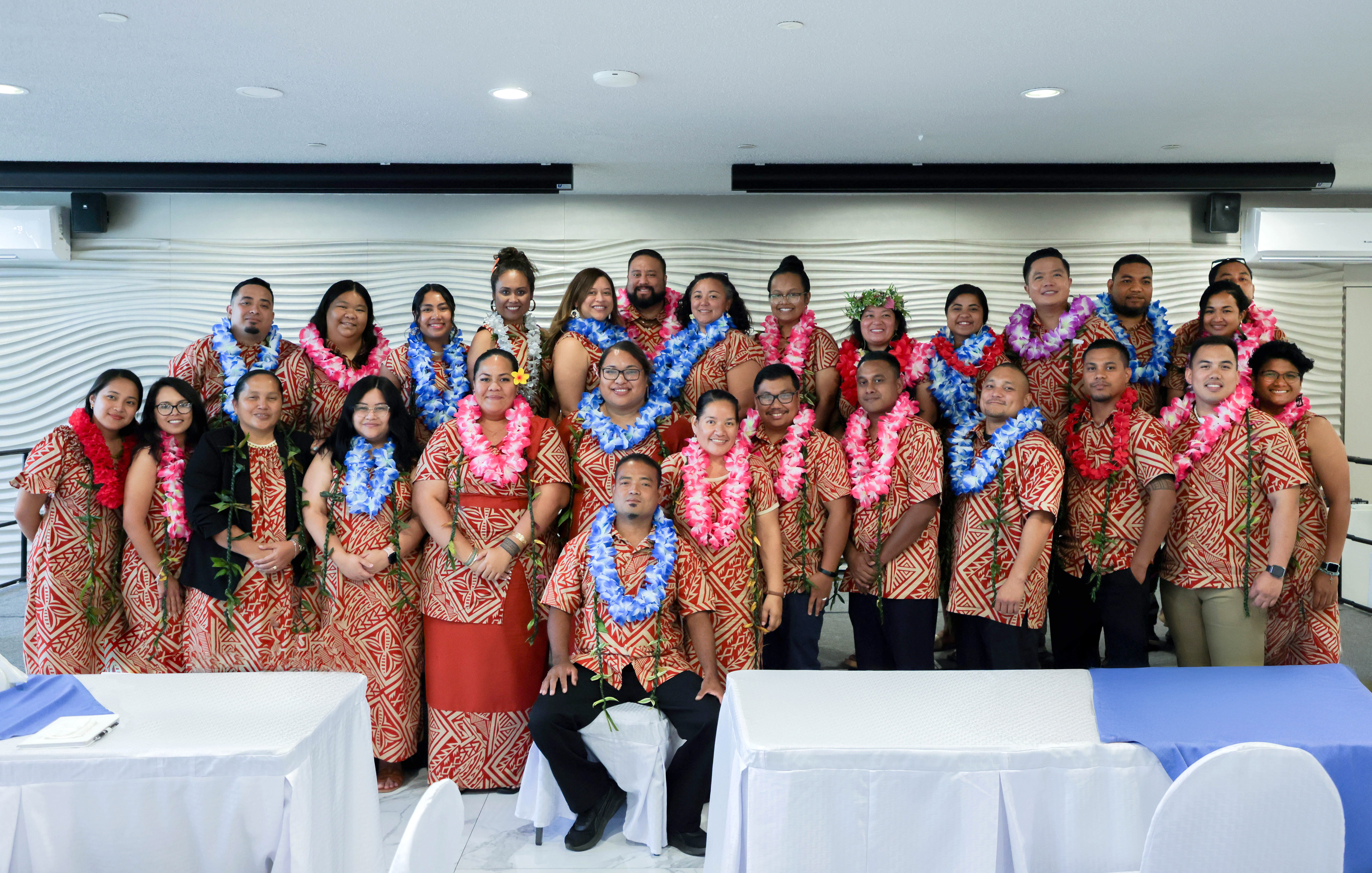
 More Info
More Info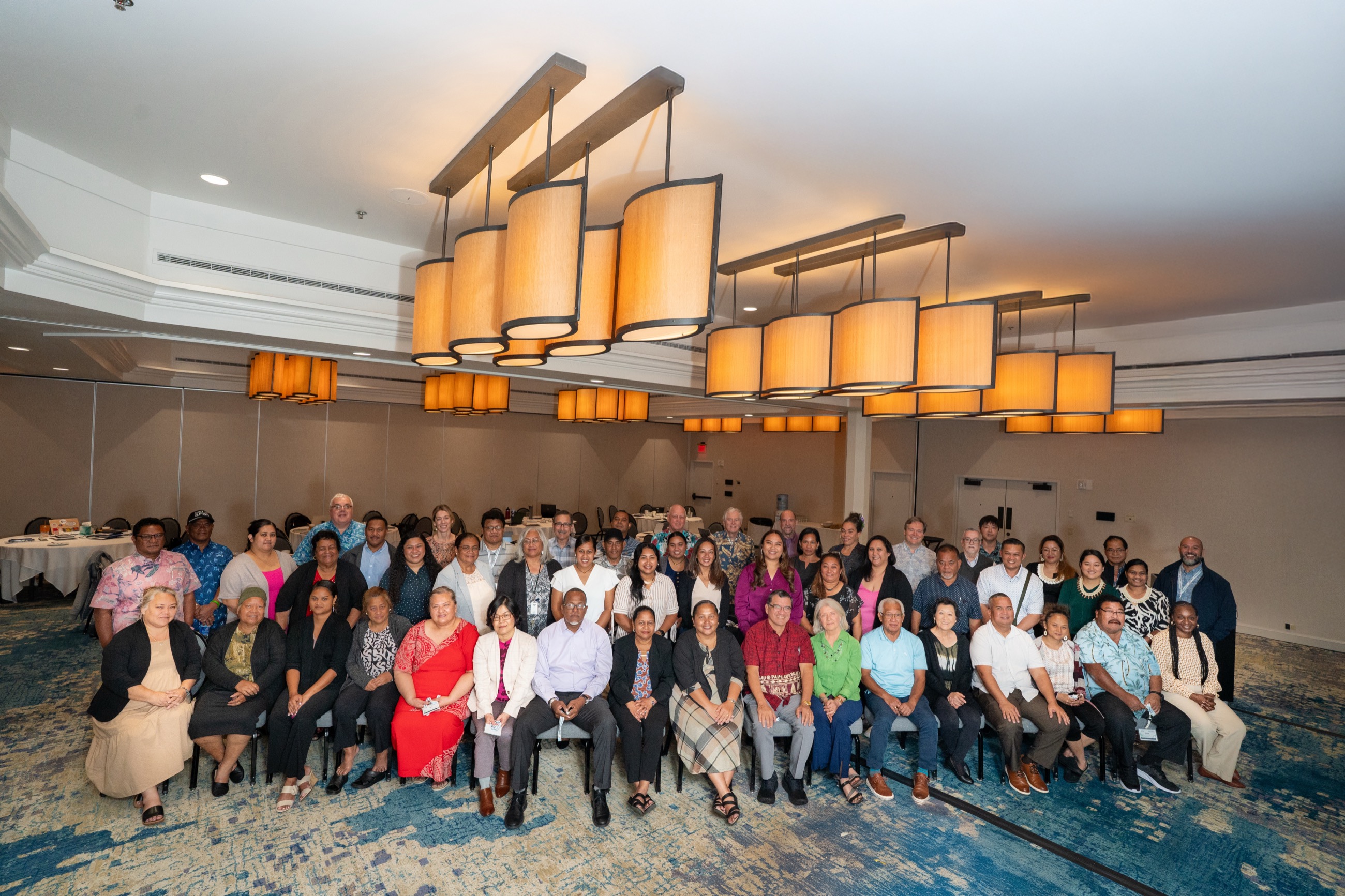
 August 2025
August 2025 Photo Gallery
Photo Gallery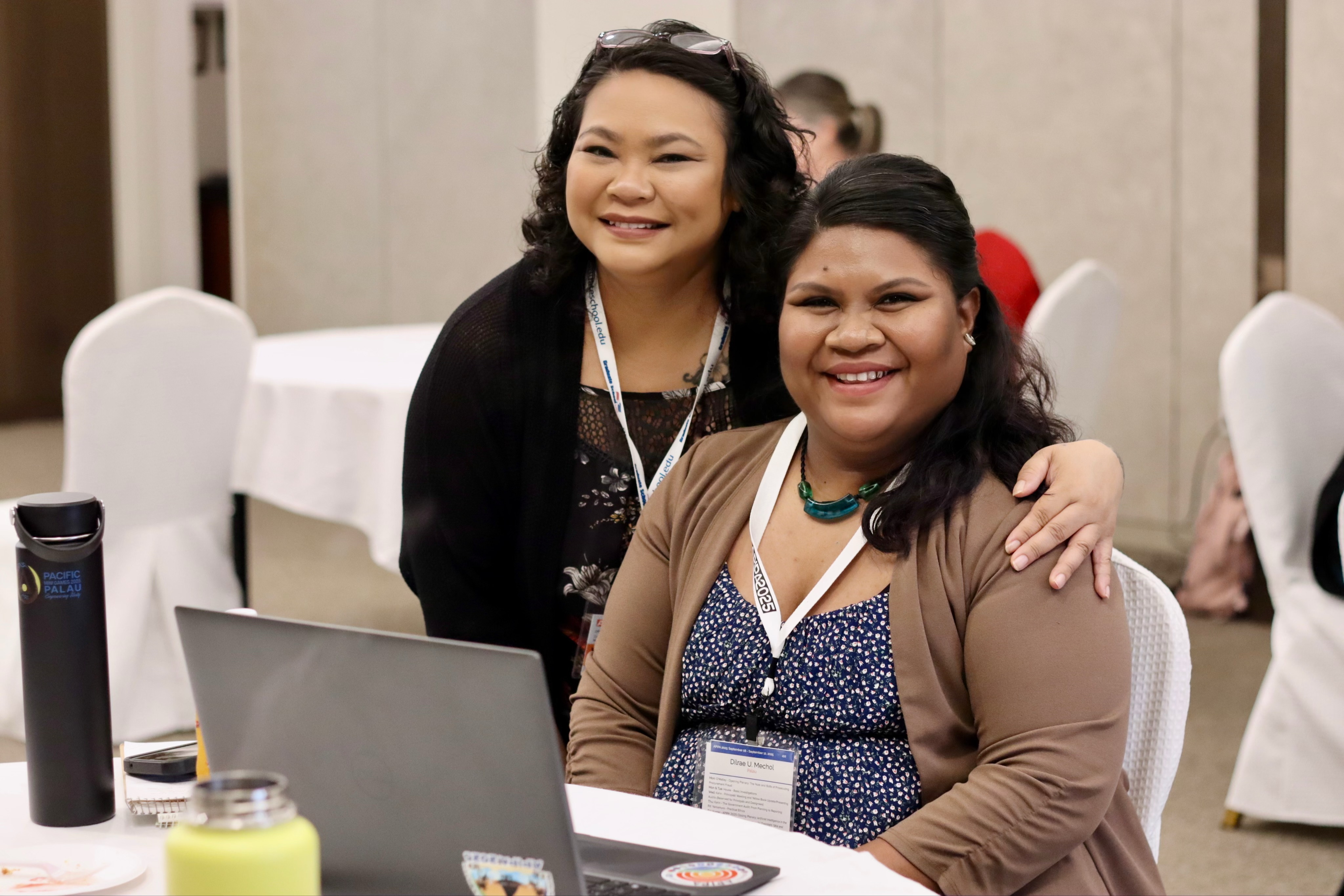
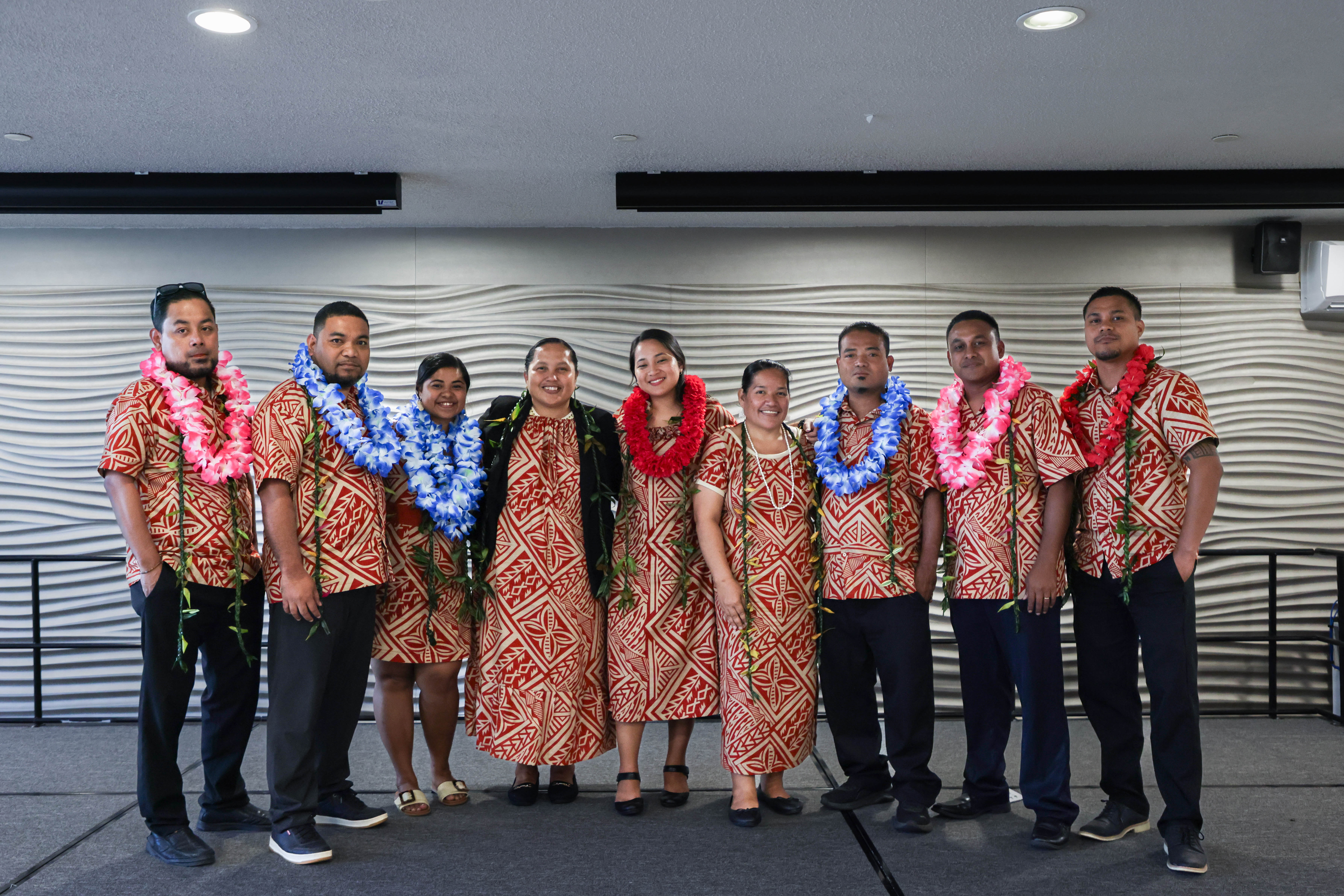
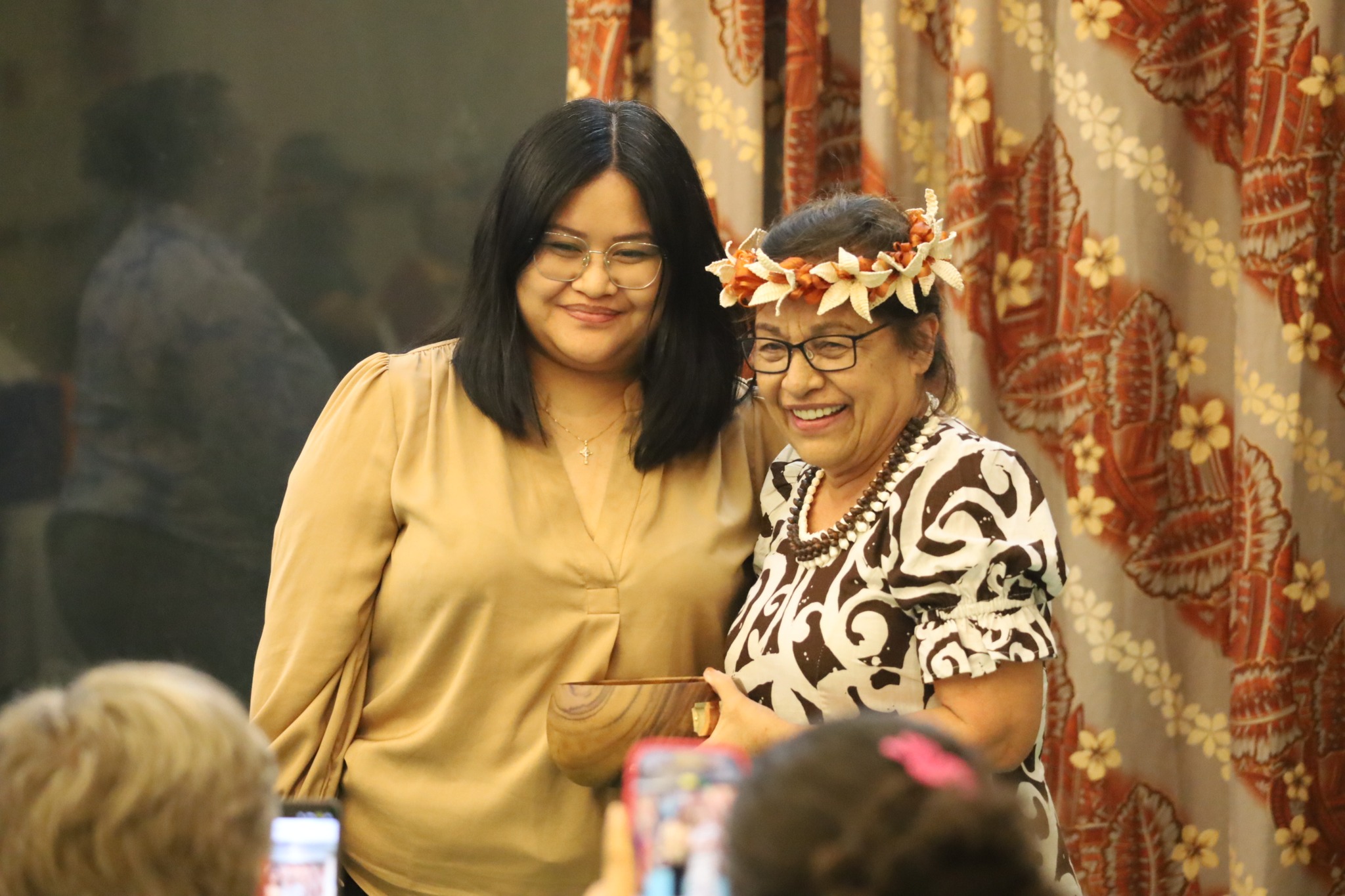
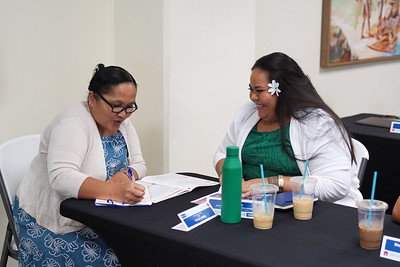
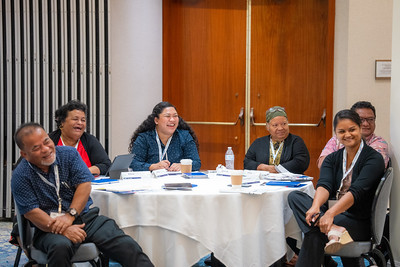
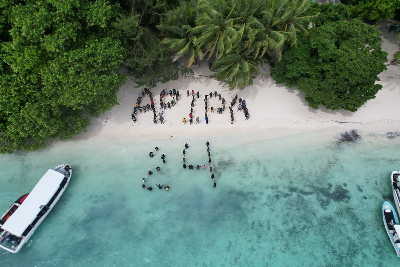
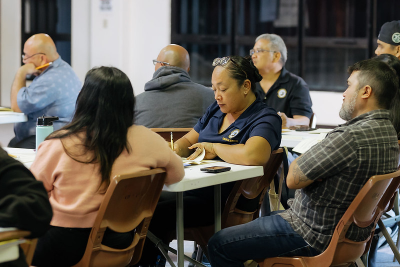
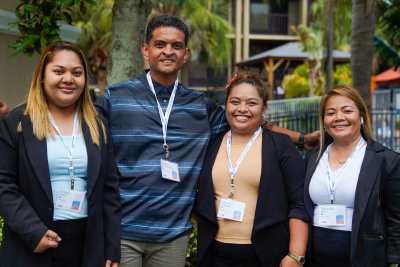
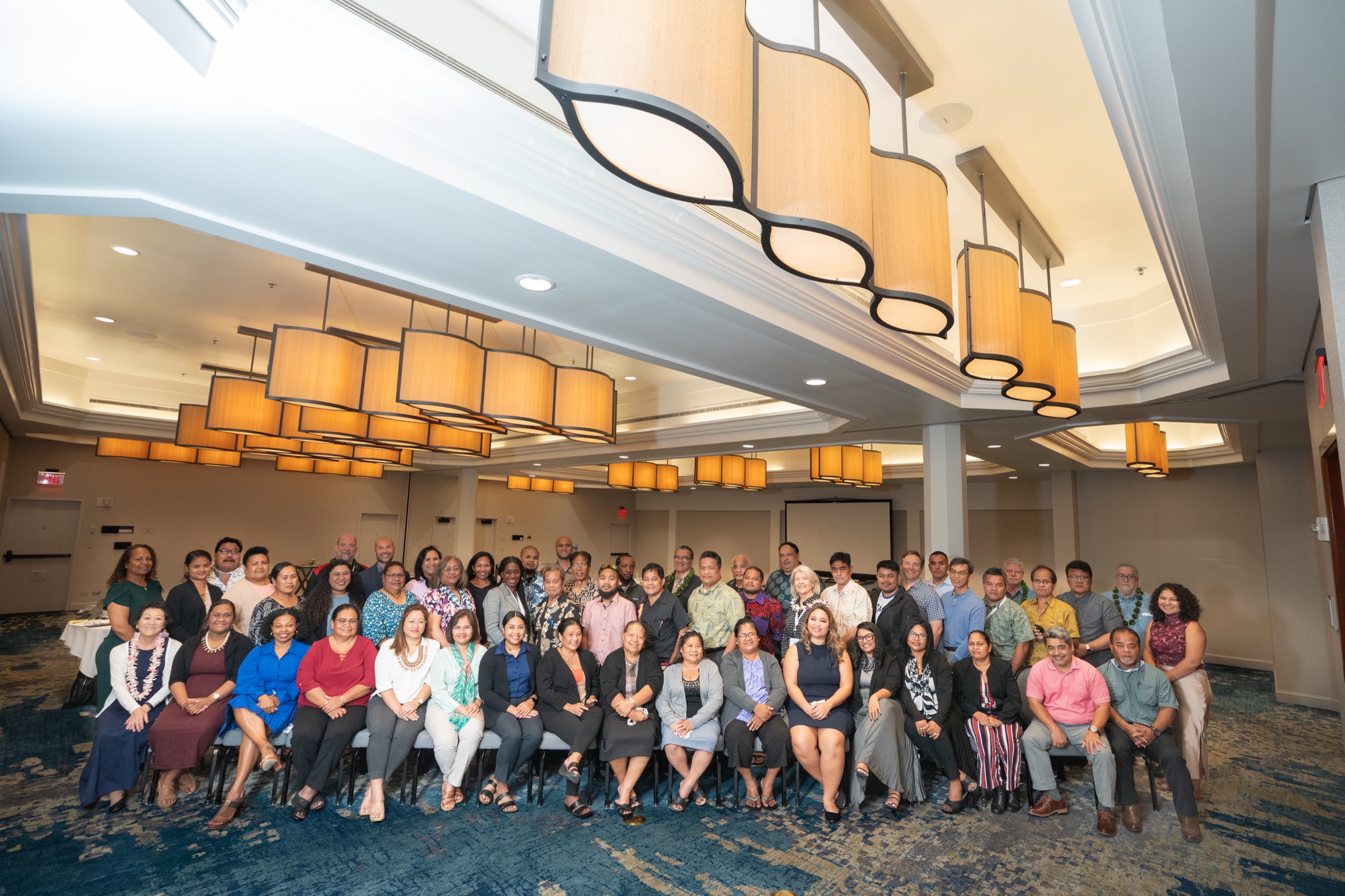


 COMPLETE GALLERY
COMPLETE GALLERY
 HOME
HOME NEWSROOM
NEWSROOM INITIATIVES
INITIATIVES CONFERENCES
CONFERENCES TRAINING
TRAINING ABOUT PITI-VITI
ABOUT PITI-VITI CONTACT
CONTACT ACCESSIBILITY
ACCESSIBILITY 1.808.523.1650
1.808.523.1650

 900 Fort Street Mall, Suite 1540 Honolulu, Hawaii 96813
900 Fort Street Mall, Suite 1540 Honolulu, Hawaii 96813


